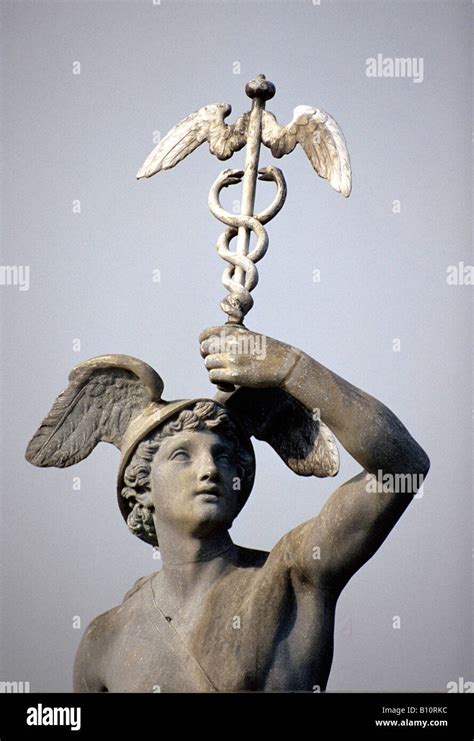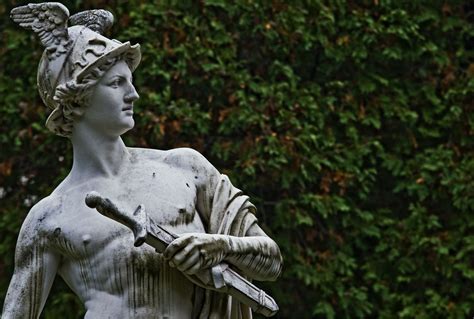hermes occult | Hermes angel hermes occult During the Middle Ages and the Renaissance, the Hermetica enjoyed great prestige and were popular among alchemists. Hermes was also strongly associated with astrology, for example by the influential Islamic astrologer Abu Ma'shar al-Balkhi See more
Lyre's American Malt is a premium, non-alcoholic beverage that mimics the taste of bourbon whiskey. It has generous flavors of vanilla and toasted nuts with herbal notes providing a complexity, offset by a long mellow finish, the gently spiced palate results in the flavors remaining well after finishing.
0 · caduceus Hermes
1 · Hermes god
2 · Hermes angel god
3 · Hermes angel
Ancient Greece was one of the greatest civilizations in history. They put an emphasis on the value of the person and education. It was their people that made them great. Here are 25 of the most famous people from Ancient Greece: Greek Philosophers. Socrates - First of the great Greek Philosophers.
Hermes Trismegistus (from Ancient Greek: Ἑρμῆς ὁ Τρισμέγιστος, "Hermes the Thrice-Greatest"; Classical Latin: Mercurius ter Maximus) is a legendary Hellenistic period figure that originated as a syncretic combination of the Greek god Hermes and the Egyptian god Thoth. He is the purported author of the . See moreHermes Trismegistus may be associated with the Greek god Hermes and the Egyptian god Thoth. Greeks in the Ptolemaic Kingdom of Egypt recognized the equivalence of . See more
Fowden asserts that the first datable occurrences of the epithet "thrice great" are in the Legatio of Athenagoras of Athens and in a fragment from Philo of Byblos, c. AD 64–141. However, in a later work, Copenhaver reports that this epithet is first found in the . See more

Antoine Faivre, in The Eternal Hermes (1995), has pointed out that Hermes Trismegistus has a place in the Islamic tradition, although the name Hermes does not appear in the Qur'an. Hagiographers and chroniclers of the first centuries of the Islamic See more• Corpus Hermeticum along with the complete text of G.R.S. Mead's classic work, Thrice Greatest Hermes• Hermetic Research is a portal on Hermetic study and discussion• Dan Merkur, "Stages of Ascension in Hermetic Rebirth" See more
During the Middle Ages and the Renaissance, the Hermetica enjoyed great prestige and were popular among alchemists. Hermes was also strongly associated with astrology, for example by the influential Islamic astrologer Abu Ma'shar al-Balkhi See moreBahá'u'lláh, founder of the Baháʼí Faith, identifies Idris with Hermes in his Tablet on the Uncompounded Reality. See more
caduceus Hermes
• Aufrère, Sydney H. (2008) (in French). Thot Hermès l'Egyptien: De l'infiniment grand à l'infiniment petit. Paris: L'Harmattan. See more

Hermes is a Greek messenger god, swift and cunning, portrayed with winged feet, wearing a winged helmet and carrying a caduceus, a serpent-entwined, magic wand that . Hermes Trismegistus, the Greek name applied to the Egyptian god Thoth as the reputed author or source of the Hermetic writings, works of .
Hermeticism, or Hermetism, is a philosophical and religious tradition rooted in the teachings attributed to Hermes Trismegistus, a syncretic figure combining elements of the Greek god Hermes and the Egyptian god Thoth. This system encompasses a wide range of esoteric knowledge, including aspects of alchemy, astrology, and theurgy, and has significantly influenced various mystical and occult traditions throughout history. The writings attributed to Hermes Trismegistus, .
Hermes Trismegistus (from Ancient Greek: Ἑρμῆς ὁ Τρισμέγιστος, "Hermes the Thrice-Greatest"; Classical Latin: Mercurius ter Maximus) is a legendary Hellenistic period figure that originated as a syncretic combination of the Greek god Hermes and the Egyptian god Thoth. [1]
Hermes god
Hermes is a Greek messenger god, swift and cunning, portrayed with winged feet, wearing a winged helmet and carrying a caduceus, a serpent-entwined, magic wand that symbolizes spiritual illumination. Hermes also was a patron god .
Hermes Trismegistus, the Greek name applied to the Egyptian god Thoth as the reputed author or source of the Hermetic writings, works of revelation on occult subjects and theology. Thoth was the scribe of the gods, the inventor of writing, and the patron of all the arts dependent on writing,Hermeticism, or Hermetism, is a philosophical and religious tradition rooted in the teachings attributed to Hermes Trismegistus, a syncretic figure combining elements of the Greek god Hermes and the Egyptian god Thoth.
Today, they remain an occult source of wisdom, separate from any real religion but powerful nonetheless. And while the seven principles are just one way of understanding the universe, they aren't so constricting that they cannot be studied alongside other spiritual philosophies. Here's what each of the seven principles is all about: 1. Hermes Trismegistus is a composite of the Greek god HERMES and the Egyptian god THOTH. The Greeks who settled in Egypt identified Thoth and Hermes with one another. Thoth ruled mystical wisdom, magic, writing, and other .
Hermetic writings, works of revelation on occult, theological, and philosophical subjects ascribed to the Egyptian god Thoth (Greek Hermes Trismegistos [Hermes the Thrice-Greatest]), who was believed to be the inventor of writing and the patron of all the arts dependent on writing.By the eighteenth century, the Hermetic teachings were totally eclipsed, and the new scholarship, which prided itself on its opposition to everything it called "superstition," took a dim view of this ancient fountainhead of mystical and occult lore.
The legendary Hermes Trismegistus, foundational to the Western Occult, is a Hellenistic combination of the Greek god Hermes and the Egyptian god Thoth. 17th-century depiction of Hermes delivering solar and lunar Alchemical knowledge to practitioners.Hermes Trismegistus (from Ancient Greek: Ἑρμῆς ὁ Τρισμέγιστος, "Hermes the Thrice-Greatest"; Classical Latin: Mercurius ter Maximus) is a legendary Hellenistic figure that originated as a syncretic combination of the Greek god Hermes and the Egyptian god Thoth.Hermes Trismegistus (from Ancient Greek: Ἑρμῆς ὁ Τρισμέγιστος, "Hermes the Thrice-Greatest"; Classical Latin: Mercurius ter Maximus) is a legendary Hellenistic period figure that originated as a syncretic combination of the Greek god Hermes and the Egyptian god Thoth. [1] Hermes is a Greek messenger god, swift and cunning, portrayed with winged feet, wearing a winged helmet and carrying a caduceus, a serpent-entwined, magic wand that symbolizes spiritual illumination. Hermes also was a patron god .
Hermes angel god
Hermes Trismegistus, the Greek name applied to the Egyptian god Thoth as the reputed author or source of the Hermetic writings, works of revelation on occult subjects and theology. Thoth was the scribe of the gods, the inventor of writing, and the patron of all the arts dependent on writing,Hermeticism, or Hermetism, is a philosophical and religious tradition rooted in the teachings attributed to Hermes Trismegistus, a syncretic figure combining elements of the Greek god Hermes and the Egyptian god Thoth.

Today, they remain an occult source of wisdom, separate from any real religion but powerful nonetheless. And while the seven principles are just one way of understanding the universe, they aren't so constricting that they cannot be studied alongside other spiritual philosophies. Here's what each of the seven principles is all about: 1. Hermes Trismegistus is a composite of the Greek god HERMES and the Egyptian god THOTH. The Greeks who settled in Egypt identified Thoth and Hermes with one another. Thoth ruled mystical wisdom, magic, writing, and other .Hermetic writings, works of revelation on occult, theological, and philosophical subjects ascribed to the Egyptian god Thoth (Greek Hermes Trismegistos [Hermes the Thrice-Greatest]), who was believed to be the inventor of writing and the patron of all the arts dependent on writing.By the eighteenth century, the Hermetic teachings were totally eclipsed, and the new scholarship, which prided itself on its opposition to everything it called "superstition," took a dim view of this ancient fountainhead of mystical and occult lore.
The legendary Hermes Trismegistus, foundational to the Western Occult, is a Hellenistic combination of the Greek god Hermes and the Egyptian god Thoth. 17th-century depiction of Hermes delivering solar and lunar Alchemical knowledge to practitioners.
rolex yacht master 35mm replica
rolex gmt master ii 2019 review
Company Description: American Overseas Marine (AMSEA) is not a member of the armed forces stationed in a faraway land, but it does have connections to the US Navy. The .
hermes occult|Hermes angel

























